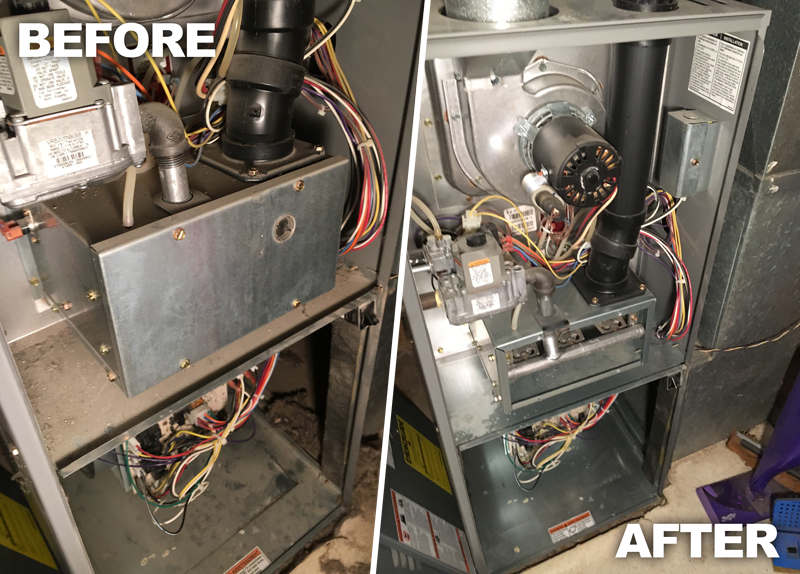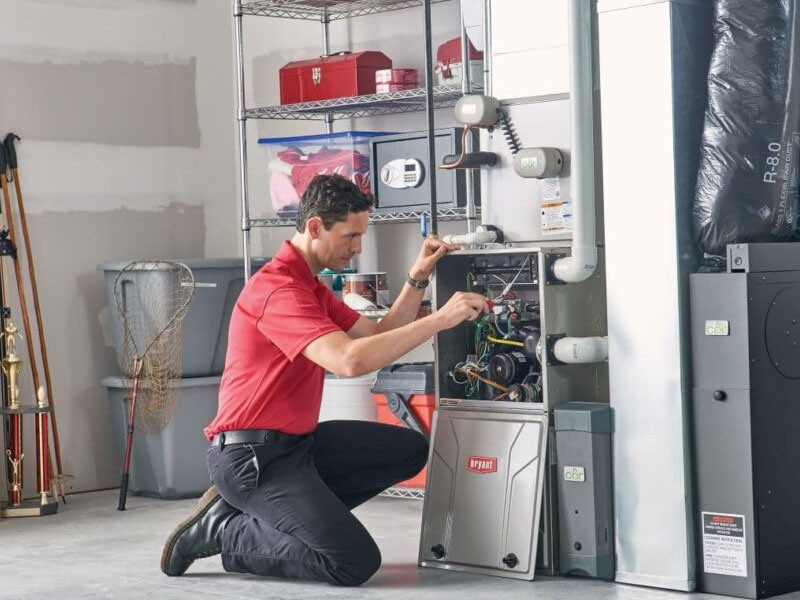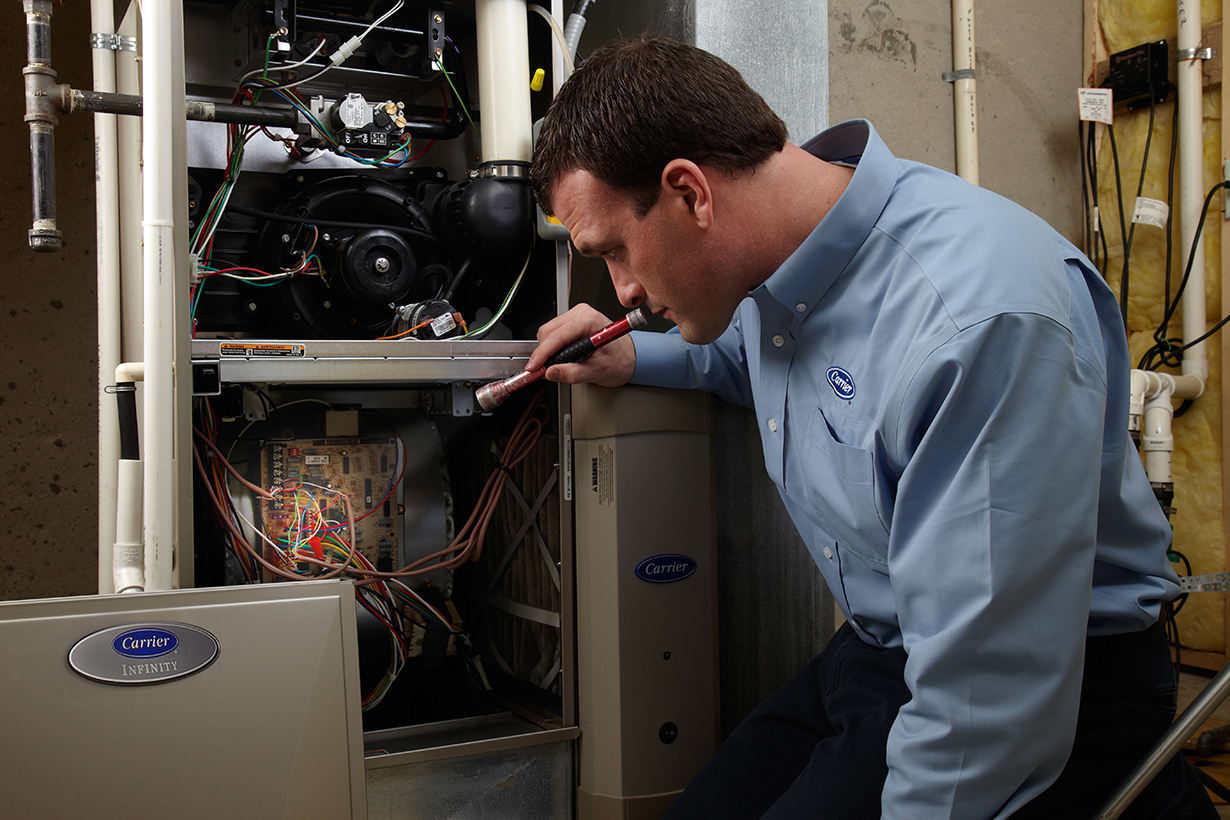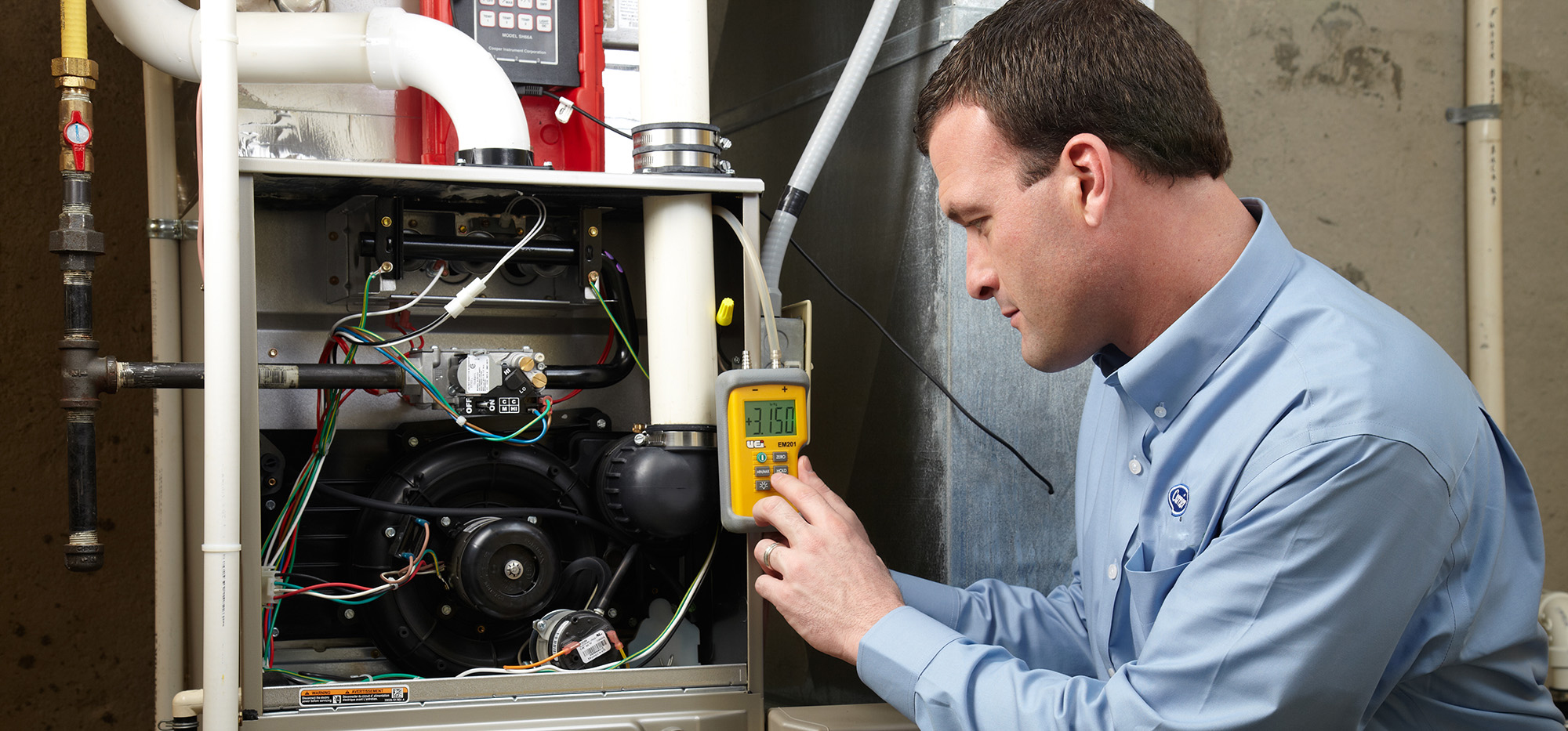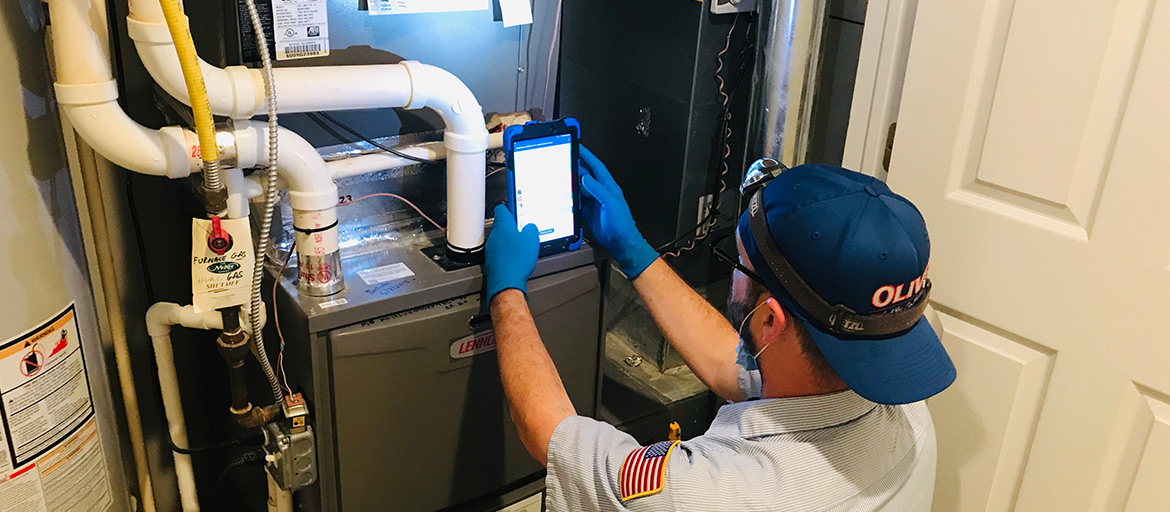Costco Furnace Repair
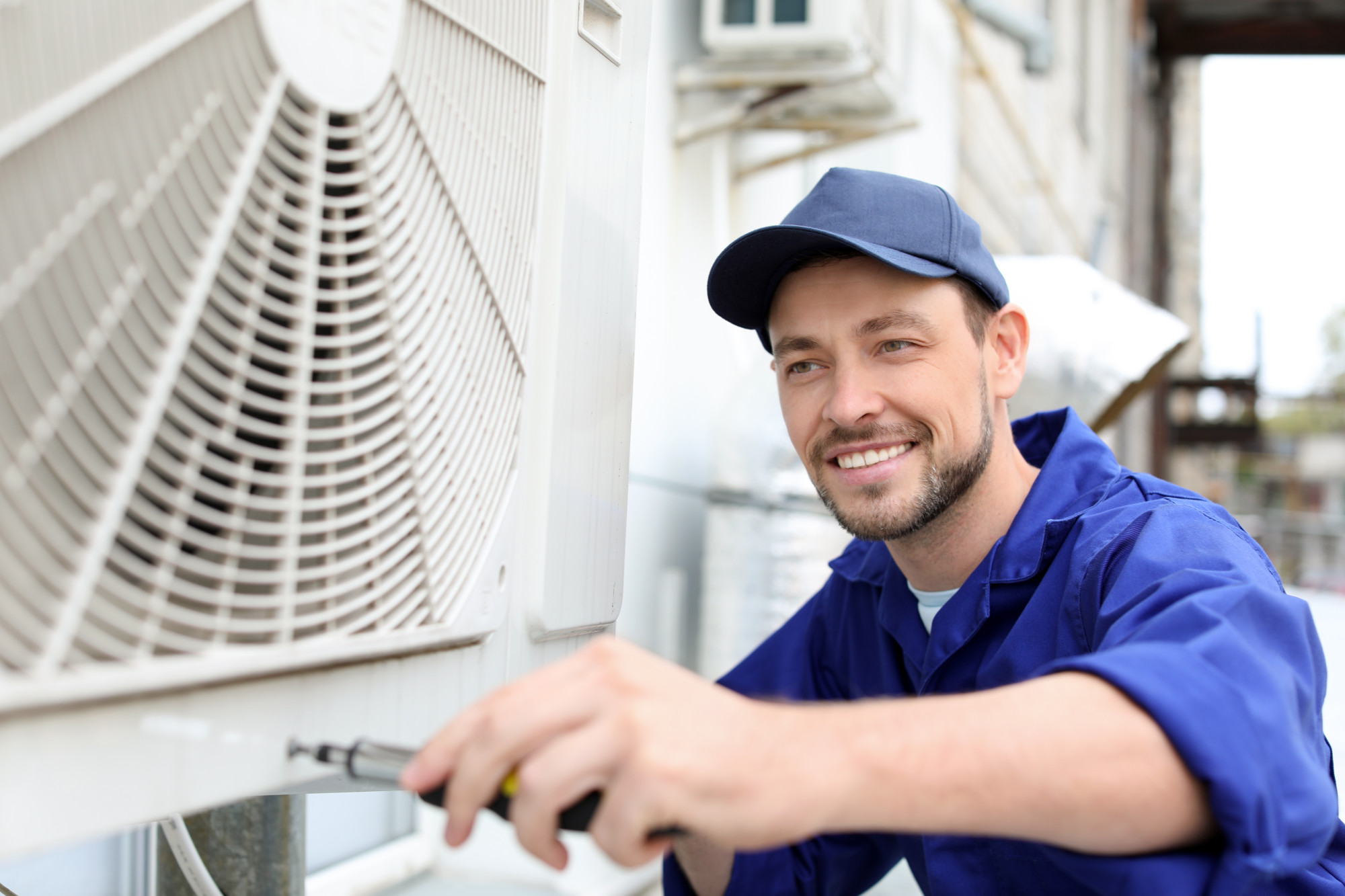
Frequently Asked Questions About Costco Furnace Repair
Costco is known for offering a wide range of services and products, but furnace repair isn't directly one of them. This FAQ addresses common questions about how Costco-related services might connect to furnace repair, and what homeowners should know about finding reliable assistance when their furnace malfunctions.
Q: Does Costco directly offer furnace repair services?
No, Costco does not directly offer furnace repair services. Costco's business model focuses on retail sales, memberships, and certain affiliated services like installation through approved partners. They typically don't employ in-house furnace repair technicians.
Q: If Costco doesn't offer furnace repair, what kind of heating and cooling services *do* they provide?
Costco partners with qualified contractors to offer services such as:
- Furnace Installation: Costco often promotes installation services for new furnaces through partnerships with established HVAC companies. You can purchase a new furnace and have it professionally installed.
- HVAC System Sales: Costco sells a range of HVAC systems, including furnaces, air conditioners, and heat pumps from reputable brands.
- Smart Thermostat Installation: They might offer installation services for smart thermostats, which can improve the efficiency of your heating system.
It's important to understand that installation and sales are different from repair services.
Q: If my furnace purchased through Costco needs repair, who should I contact?
If you purchased your furnace through Costco and it requires repair, here's what you should do:
- Check the Warranty: Start by reviewing your furnace's warranty information. The manufacturer's warranty will specify coverage details and the steps required to initiate a repair claim. The warranty paperwork usually has contact information for authorized service providers.
- Contact the Installation Company: If Costco facilitated the installation through a partner company, contact that company directly. They are the most likely to be familiar with your system and capable of providing repair services, especially if the issue arises shortly after installation.
- Contact Costco Concierge Services: Costco offers Concierge Services for many of its electronics and appliances. Contact them to see if they can assist in directing you to an appropriate repair service, especially if you're unsure where to start.
- Find a Local, Qualified HVAC Technician: If the warranty has expired or doesn't cover the specific issue, you'll need to find a reliable local HVAC (Heating, Ventilation, and Air Conditioning) technician. Look for companies with excellent reviews, proper licensing and insurance, and experienced technicians.
Keep records of your purchase date, installation date, and any warranty information readily available.
Q: What should I look for when choosing an HVAC technician to repair my furnace?
Choosing the right HVAC technician is crucial for a successful furnace repair. Consider these factors:
- Licensing and Insurance: Ensure the technician and the company are properly licensed and insured in your state or region. This protects you from liability in case of accidents or substandard work.
- Experience and Expertise: Look for technicians with experience repairing furnaces of your specific make and model. Ask about their certifications and training.
- Reputation and Reviews: Check online reviews on platforms like Google, Yelp, and the Better Business Bureau (BBB). Look for consistent positive feedback regarding their quality of work, professionalism, and customer service.
- Upfront Pricing and Estimates: Obtain a clear and detailed estimate before any work begins. The estimate should outline the cost of parts, labor, and any other potential fees. Be wary of technicians who offer overly low estimates or refuse to provide a written estimate.
- Warranty on Repairs: Ask about the warranty offered on the repair work. A reputable technician will stand behind their work and offer a warranty on both parts and labor.
- Emergency Services: If you need immediate furnace repair, check if the technician offers 24/7 emergency services.
- Professionalism and Communication: Choose a technician who is professional, courteous, and communicates clearly. They should be able to explain the problem, the proposed solution, and answer your questions in a way you understand.
Don't hesitate to ask for references and check them.
Q: What are some common furnace problems that might require repair?
Furnace problems can range from minor issues to major malfunctions. Here are some of the most common problems:
- Furnace Won't Turn On: This could be due to a tripped circuit breaker, a faulty thermostat, a broken igniter, or a problem with the gas valve.
- Furnace Turns On But Doesn't Produce Heat: This could be caused by a malfunctioning pilot light, a faulty flame sensor, or a problem with the gas supply.
- Furnace Blows Cold Air: This might indicate a problem with the pilot light, a tripped high-limit switch, or a malfunctioning gas valve.
- Furnace Cycles On and Off Frequently (Short Cycling): This can be caused by a dirty air filter, a blocked flue, a malfunctioning thermostat, or an oversized furnace.
- Unusual Noises: Banging, rattling, or squealing noises can indicate loose parts, a failing blower motor, or a problem with the ductwork.
- Pilot Light Issues: A pilot light that won't stay lit or is burning yellow instead of blue can indicate a problem with the gas supply or the pilot assembly.
- Carbon Monoxide Leaks: A malfunctioning furnace can leak carbon monoxide, a dangerous and odorless gas. Install carbon monoxide detectors and have your furnace inspected regularly.
Regular maintenance, such as changing the air filter, can help prevent many of these problems.
Q: How much does furnace repair typically cost?
The cost of furnace repair can vary widely depending on several factors:
- Type of Repair: Simple repairs, such as replacing a faulty igniter, will be less expensive than complex repairs, such as replacing a gas valve or blower motor.
- Parts Costs: The cost of replacement parts can vary significantly depending on the make and model of your furnace.
- Labor Costs: HVAC technicians typically charge an hourly rate for labor. This rate can vary depending on their experience, location, and the complexity of the job.
- Emergency Service Fees: Emergency repairs, especially those performed after hours or on weekends, often incur higher fees.
- Geographic Location: Repair costs can vary depending on your geographic location. Prices tend to be higher in urban areas with a higher cost of living.
To get an accurate estimate, it's best to obtain quotes from multiple HVAC technicians. Explain the problem you're experiencing and ask for a detailed breakdown of the costs involved. Be sure to clarify whether the estimate includes parts, labor, and any other potential fees.
While it's tempting to choose the cheapest option, prioritize experience, reputation, and warranty coverage over price alone.
Q: What are some tips for maintaining my furnace to prevent future repairs?
Preventative maintenance is essential for ensuring your furnace operates efficiently and reliably, and for minimizing the need for costly repairs. Here are some helpful tips:
- Change Air Filters Regularly: Dirty air filters restrict airflow, causing the furnace to work harder and overheat. Change the filter every 1-3 months, or more frequently if you have pets or allergies.
- Schedule Annual Professional Maintenance: Have your furnace inspected and tuned up by a qualified HVAC technician at least once a year, preferably in the fall before the heating season begins. The technician will clean the burners, inspect the heat exchanger, check the flue, and lubricate moving parts.
- Keep the Area Around the Furnace Clear: Remove any clutter or debris from around the furnace to ensure proper ventilation and prevent fire hazards.
- Install Carbon Monoxide Detectors: Install carbon monoxide detectors on every level of your home and test them regularly.
- Check Vents and Registers: Ensure that vents and registers are open and unobstructed to allow for proper airflow throughout your home.
- Inspect the Flue Pipe: Visually inspect the flue pipe (the pipe that vents exhaust gases outside) for any signs of damage or corrosion. If you notice any problems, contact a qualified technician immediately.
- Seal Air Leaks in Ductwork: Seal any air leaks in your ductwork to improve energy efficiency and prevent heat loss.
By following these maintenance tips, you can extend the lifespan of your furnace and reduce the risk of costly repairs.
